
China's auto industry is ramping up investment in new-energy cars after a surge in their sales.
Automakers rolled out 94,000 new-energy vehicles between the start of January and the end of April, up 126.8 percent from the same period last year, according to figures released by the China Association of Automobile Manufacturers (CAAM).
Drivers in China bought 90,000 new-energy vehicles in the first four months, up 131.1 percent year on year, the data showed. In April alone, output and sales totaled 31,266 units and 31,772 units respectively, up 178.3 percent and 190.6 percent year on year.
With the central government giving official backing to green vehicles and their popularity clearly on the rise, automakers are increasing production of them, their suppliers are refocusing on specialist parts, and local authorities are competing to become centers for the nascent industry. There is about to be a new round of crazy investment in electric and hybrid cars.
Volkswagen AG is planning 15 new-energy models over the coming three to five years, predicting that Chinese sales of electric and plug-in hybrid vehicles will grow almost six times to 2 million annually by 2020.
Southwest China's Sichuan Province, as a leading automaking base which plans to produce 4 million vehicles per year by 2020, has set official targets for greater new-energy car production in the coming five years. Three Chinese companies have clinched deals totaling 5.1 billion yuan to produce new-energy car parts and charging stations in Sichuan.
New-energy cars are also getting official favor in north China. Taiyuan, capital of Shanxi Province, announced on Saturday it will replace all its 8,292 fuel-powered taxis with electric ones by the end of July. About 3,000 electric cabs are already on the road in Taiyuan. "I need to charge twice a day, two hours each time," said a taxi driver who gave only his family name, Liu. Despite spending four fewer hours on the road looking for fares every day, Liu said the amount he spends on powering his cab has also been cut by a quarter so his income is about the same as before.
A spokesperson with Taiyuan's bureau of transport said drivers are only being asked to cough up 89,000 yuan each for the new taxis. The remainder of the 309,800-yuan price tag is covered by subsidies from state, provincial and city governments.
Meanwhile, Taiyuan plans to build an electric car production base with annual output of 20,000 units annually by 2020. Chinese car firm BYD opened a 4-billion-yuan electric car plant there in March. The green vehicle sector's development has been supported with government subsidies for manufacturers and buyers as well as exemptions from license fees and other incentives.
But observers are mindful of how long the boom will last. Risks tend to mount when too many investors flood into the same sector, said Wang Xia, president of the automotive committee of China Council for the Promotion of International Trade.
"The new-energy vehicle market has its opportunities and invisible traps," said Wang. "China has become one of the leaders in electric and smart car technology, which means there's little experience to refer to, and higher risks." He said investors should be cautious, as China's overall auto sales grew at a sluggish 6 percent last year, but production was apparently in excess. "Some sectors, such as car battery production, have already seen excessive growth."
Industries > Consumer Products and Services
















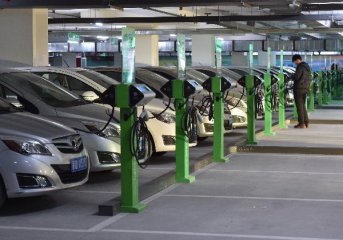
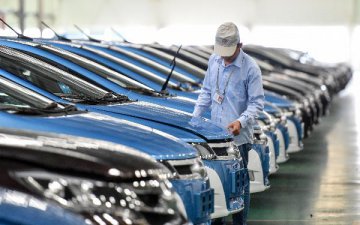
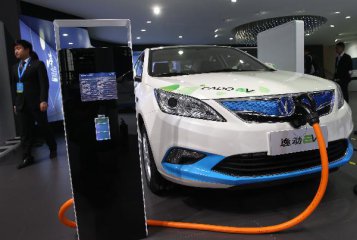
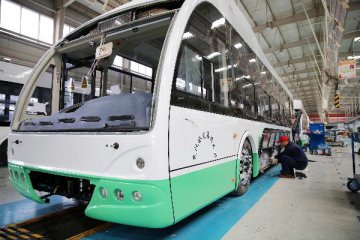
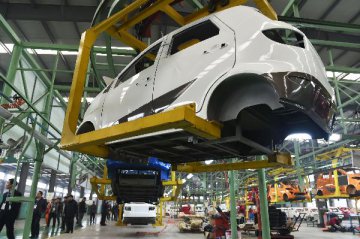
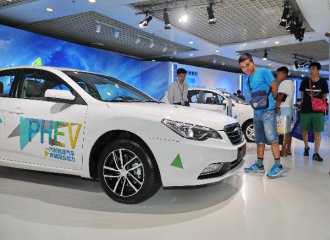


Latest comments